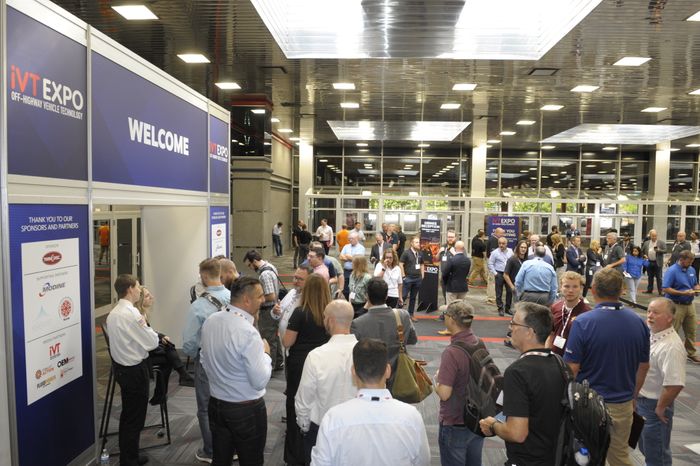Q. Why is now an especially important time to be talking about innovation in HMI and control systems for off-highway vehicles?
A. Lovely question. We're at a pivotal gate for off-highway vehicle design as automation, connectivity, and electrification are all reshaping the way operators utilize their machines. HMI is quickly becoming the bridge between Human intention and Machine intelligence.
Q. As Global Lead – HMI Controls, what trends do you see reshaping HMI in off-highway vehicles today?
A. I see several trends currently reshaping human-machine interfaces in off-highway vehicles. Context-aware controls are becoming more common, allowing systems to respond dynamically to changing conditions and user actions. There's also growing attention on scalability within HMI architectures, with modular designs supporting flexibility across different vehicle platforms. Integration with autonomous functionality is evolving, with a focus on ensuring clear and intuitive human indication when automation is active. Regulatory frameworks such as Functional Safety (FUSA), the Cyber Resilience Act (CRA), and the Radio Equipment Directive (RED) are also playing a role in shaping HMI design. In addition, a new generation of users is bringing different expectations and needs to the table. Alongside these developments, the integration of automation and AI is progressing rapidly, influencing how operators interact with vehicles.
Q. In preparing for a more interactive format, what are some key insights or stories you’re most looking forward to sharing?
A. I’m looking forward to sharing how our team approaches HMI innovation with a global mindset—designing interfaces that are scalable, operator-centric
Q. Are there any questions or themes you hope come up during your conversation with Chris Vavra?
A. I’d love to explore the balance between standardization and localization—how we preserve brand and platform consistency while respecting cultural and regulatory nuances in operator behavior. I also hope we get into the real world roadblocks to innovation, like integrating legacy systems, platform diversity, and supplier readiness.
Q. What should attendees walk away knowing or feeling after your session, and why is this moment important for the industry?
A. Attendees should leave with a sense that HMI is not just about screens and switches—it’s about enhancing the operator experience in an increasingly digital world. Whether you’re designing a harvesting combine or a wheel loader, HMI plays a vital role in safety, performance, and productivity.


